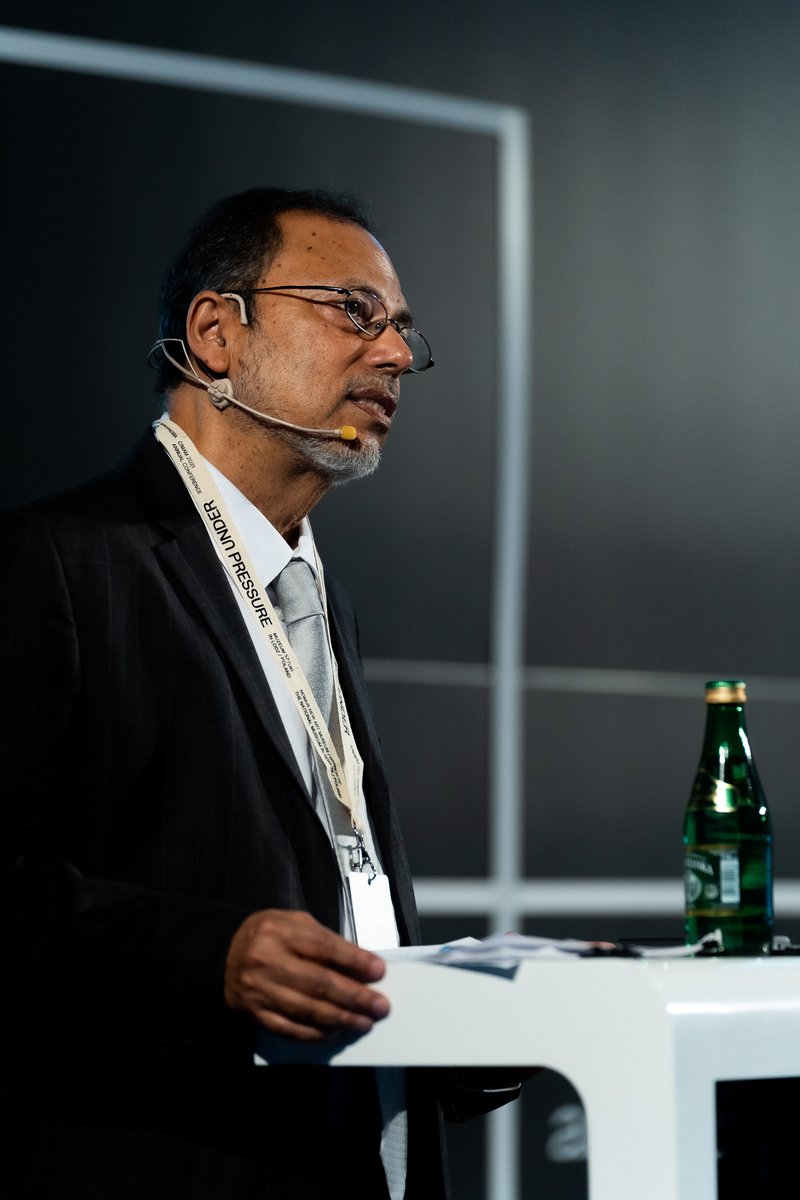"We need the idea of one Planet, but one Planet should not mean worldism. Humans are different"
"Humans have never lived as well as they have since the end of World War II, despite massive poverty and rising inequalities. Human numbers have expanded, we have consumed 87% of total fossil fuels, we have become an urban species, and the more we live in megacities, the longer supply chains lengthen. We take food, water, and electricity production for granted, and technology grows. This era was called the Great Acceleration when everything started moving very fast, and it would be the best of times if we didn't have to think about the climate problem.

We are perhaps in the first phase of the great extinction of species, which may accelerate in 3 to 6 hundred years, and if it happens, then it would be the first time in the Planet's history that a biological species will have caused a great extinction.
The word Globe in globalization does not mean the same as the word Globe in global warming, and to distinguish one Globe from the other, I called the second, Planet, the earth system. So Global pertains to the recorded human history of 500 years, and Planetary refers to the geobiological history of the earth system. Likewise, sustainability pertains to Global and is human-centered, but Planetary has to do with habitability and reminds us that humans are a minority life form, since the majority, both by weight and number, is microbial.
We need the idea of one Planet, but one Planet should not mean worldism. Humans are different. They are unequal, they are the product of different kinds of history, which puts pressure on the politics of difference, which was a crucial part of our 20th-century concerns, and cannot be completely abandoned. This is the first time we have a science that tells us that the places that humans don't experience have a crucial role in maintaining the Planet's climate, and in that sense, this is a notion of the Planet that is not necessarily indexing or referring to humans' experience of the Planet."
Dipesh Chakrabarty, Lawrence A. Kimpton Distinguished Service Professor of History, The University of Chicago, Chicago, USA
The CIMAM 2021 Annual Conference was held on November 5-7, 2021, hosted as initially planned by the Muzeum Sztuki in Lodz and the NOMUS New Art Museum/ Branch of the National Museum in Gdansk, Poland.
During the three days of discussions, the conference focused on the two interconnected current crises of Xenophobia and Climate Change, and the sometimes hidden or unexplored connections between the two.
Keynote speakers and relevant case-study presentations showed how institutions, artists, and thinkers working together can provide practical laboratories concerning these emerging issues and offer methodological tools to combat discriminatory and nationalistic tendencies in an increasingly divisive and divided world.
Learn more about CIMAM's 2021 Annual Conference: